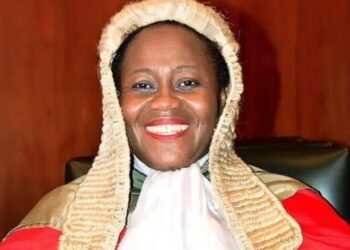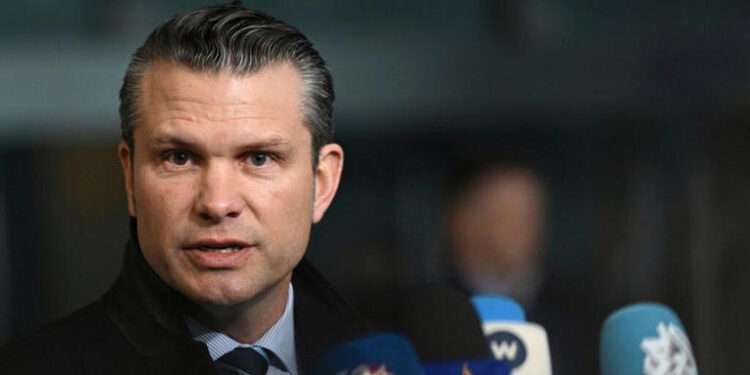Renowned constitutional law scholar Professor H. Kwesi Prempeh has strongly criticised the opaque nature of judicial removal proceedings in Ghana, describing Article 146 of the Constitution as structurally flawed and incompatible with principles of transparency and fairness.
His remarks follow the recent suspension of Chief Justice Gertrude Torkornoo, after a petition was filed for her removal from office.
In a sharply worded statement, Prof. Prempeh raised what he termed “at least two problems” with the existing framework for handling such high-stakes proceedings.
Central to his concerns was the secrecy surrounding the petition and the limited information made available to the public regarding its content or outcome.
“Even if the removal proceedings must be held in camera, I believe that, at the minimum, the findings and outcome of the proceedings, including the grounds and supporting evidence behind the removal petition, must be made public after the fact”
Professor H. Kwesi Prempeh, Constitutional Law Scholar
He insisted that the public’s right to know is not merely procedural but essential to maintaining public confidence in the integrity of the judiciary. According to him, any failure to provide clarity about the basis for either sustaining or dismissing a petition undermines accountability and creates a vacuum for suspicion.
“The public must not be kept in the dark as to why a removal petition failed or succeeded. In the interest of justice, I believe the grounds and evidence in support of the committee’s decision, whichever way it goes, must be made public”
Professor H. Kwesi Prempeh, Constitutional Law Scholar
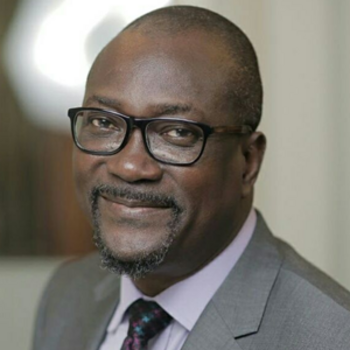
The controversy surrounding Chief Justice Torkornoo’s suspension has triggered wide-ranging debate within Ghana’s legal and civic circles.
While the President, John Dramani Mahama, has distanced himself from the procedural aspects, critics argue that the constitutional structure itself invites executive overreach and shields critical decisions from scrutiny.
CJ’s Peers
Prof. Prempeh’s second major concern targets the composition of the five-person committee responsible for adjudicating removal petitions. In cases involving the Chief Justice, he contends that no sitting judge should be involved in the process.
“None of the CJ’s judicial peers must be made to sit in judgment on a removal petition involving their judicial colleague or ‘boss’, as they are likely to have an interest in the outcome of the case”
Professor H. Kwesi Prempeh, Constitutional Law Scholar
His proposal advocates for the use of retired jurists or other public officials with no current ties to the judiciary, selected by a neutral and representative body such as a special committee of the Council of State. He argues that such a reform would eliminate perceived or real conflicts of interest and restore public faith in the process.
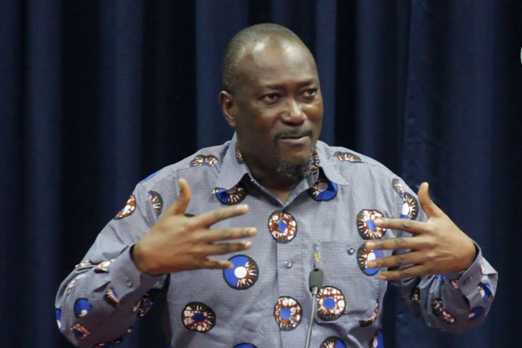
In addition to rethinking the judicial members of the committee, he also recommends changes to how the remaining three non-lawyer members are selected. The current provision allows for these individuals to be appointed by the President in consultation with the Council of State, a mechanism he views as inherently political and thus susceptible to bias.
“The three other nonlawyer members of the removal committee could also be selected through a more politically inclusive, diverse or neutral process, as opposed to being appointed, as Article 146 currently provides, by the President”
Professor H. Kwesi Prempeh, Constitutional Law Scholar
Professor Prempeh maintains that any role the President plays in this matter should be strictly limited. “Better to keep a President out of the process, except to implement, after the fact, the final outcome of the process as determined by the removal committee.”
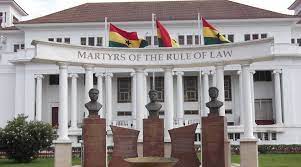
Implementing this, he explained that this would ensure executive neutrality in judicial accountability.
With Ghana’s democratic institutions under heightened scrutiny, especially under President Mahama’s current administration, Professor Prempeh’s critique underscores growing calls for constitutional reforms to align judicial accountability with democratic transparency.
As public debate intensifies, the fate of Article 146 could become a focal point in broader efforts to safeguard the independence and legitimacy of the judiciary in Ghana’s Fourth Republic.





